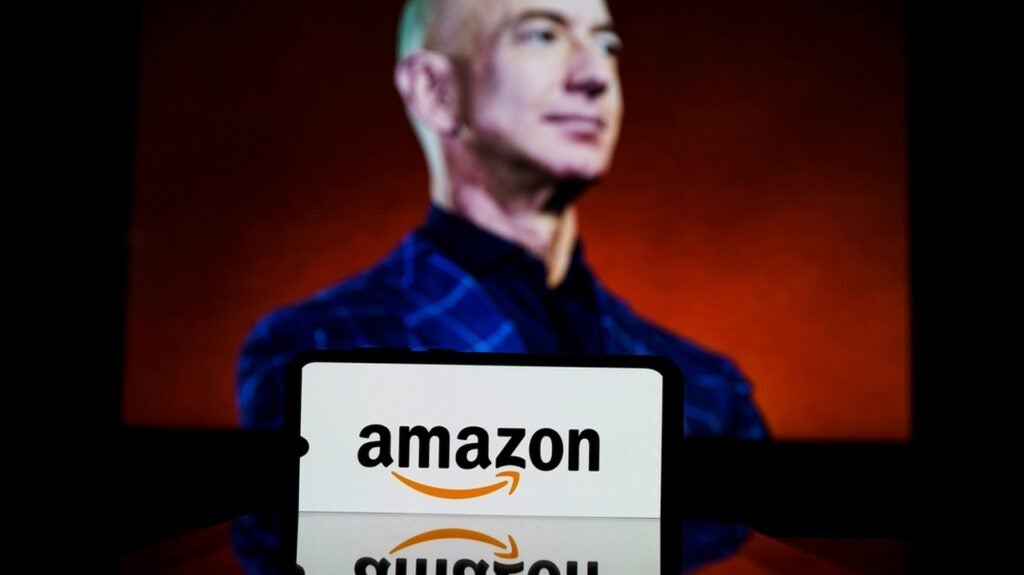
Jeff Bezos‘ Amazon AMZN has landed its first military contract in the UK, taking a step into defense communications.
Project Kuiper, Amazon’s satellite venture, secured a $830,000 consultancy deal with the UK Defense Ministry to explore advanced space-based communication systems, The Telegraph reported. The findings were later presented to UK Space Command.
Project Kuiper is Amazon’s answer to Elon Musk‘s Starlink. Starlink already has nearly 7,000 satellites in orbit, providing internet to millions. Amazon, on the other hand, plans to start launching its network of more than 3,000 low Earth orbit satellites this year, with services rolling out shortly after.
Don’t Miss:
The deal with the MoD focuses on “translator” satellites—technology that could allow different military, government, and private satellite systems to communicate with each other. Right now, most satellites are limited to their own networks.
The U.S. Defense Advanced Research Projects Agency is working on similar tech to improve coordination between allied nations.
Amazon has been making moves to get closer to UK defense officials. Executives from Project Kuiper and Bezos’ rocket company, Blue Origin, met with Air Marshal Paul Godfrey, the former head of UK Space Command, last year, The Telegraph reported.
The company has also been pursuing defense contracts in the U.S. as part of a broader push into military communications.
Trending: If there was a new fund backed by Jeff Bezos offering a 7-9% target yield with monthly dividends would you invest in it?
Amazon is already a major IT supplier for the UK government, with its Amazon Web Services division winning multi-billion-pound contracts for cloud computing and data storage. Now, it’s expanding into satellite broadband.
Following regulatory approval from Ofcom, Amazon is cleared to offer satellite internet services in the UK. Starlink currently has about 87,000 customers in Britain, with many in rural areas where traditional broadband isn’t reliable.
Governments are looking for alternatives to Starlink to avoid relying too heavily on a single provider. The European Union has backed Iris2, a satellite project meant to give the bloc its own secure space-based communication network.
The UK government, meanwhile, holds a stake in Eutelsat OneWeb, but Starlink technology has still been used in trials to improve rural broadband access.
See Also: The average American couple has saved this much money for retirement — How do you compare?
Beyond the UK, Amazon is in talks with other governments about Kuiper’s potential. Taiwanese officials have explored the system as a possible alternative due to concerns over Musk’s business links in China.
In Canada, Ontario’s government has considered canceling a Starlink contract amid trade disputes with the U.S.
The UK is also pushing forward with its own military satellite plans. The $6.2 billion Skynet 6 program, aimed at upgrading Britain’s defense communications, has Airbus and Lockheed Martin LMT as the final bidders.
Additionally, the UK government is weighing a $1.7 billion investment in an intelligence-gathering satellite network.
Read Next:
Market News and Data brought to you by Benzinga APIs
© 2025 Benzinga.com. Benzinga does not provide investment advice. All rights reserved.